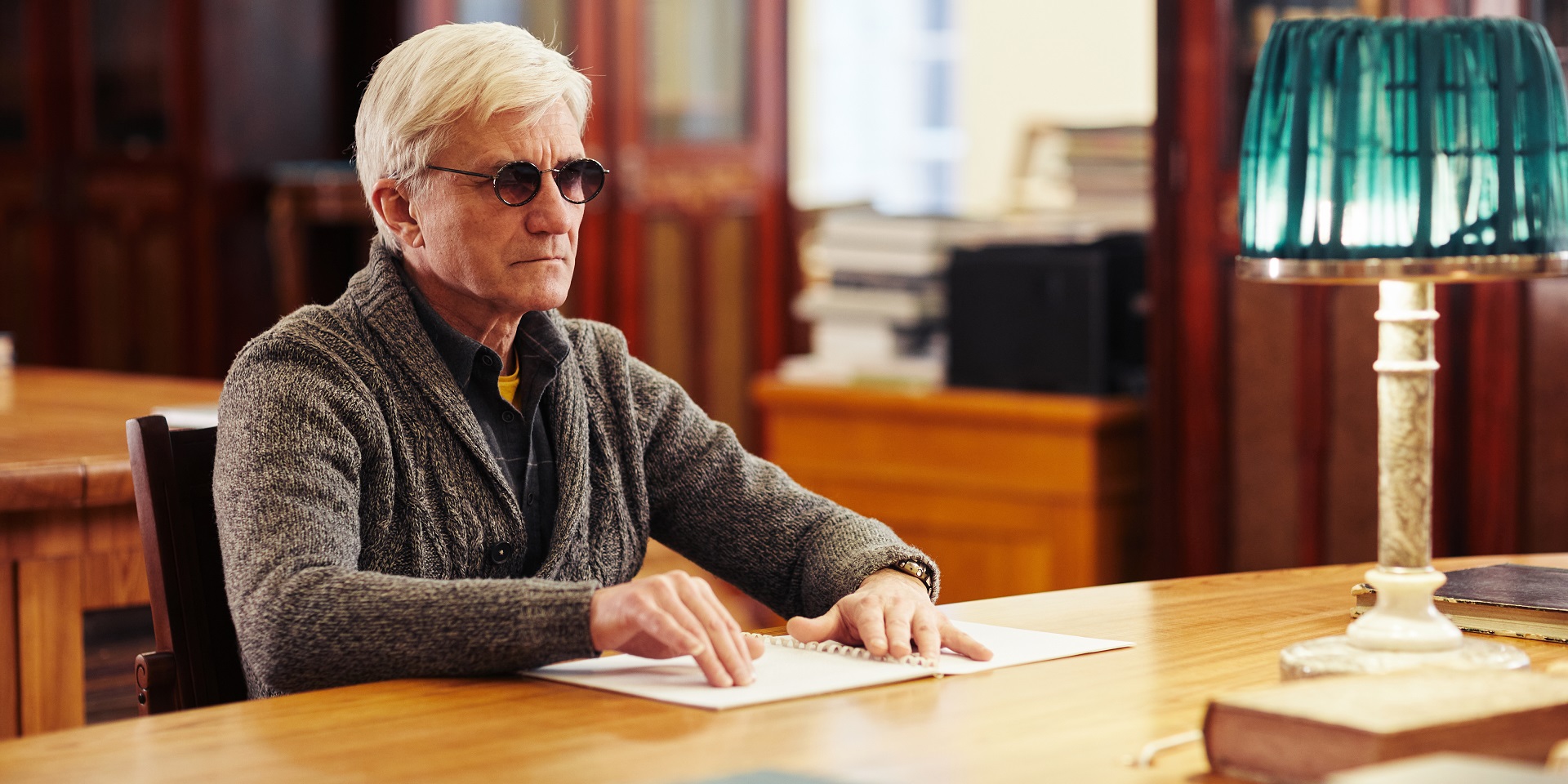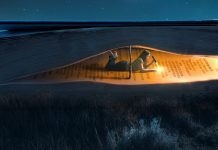Under the burden of evil, often made public obsessively, insinuatingly, too often we perceive the world as an endless cycle of negative emotions and predictions. We lose the broad perspective that encompasses the initiatives beautifully woven by people whose hearts beat for God and for their fellow men, people who make this world liveable.
For several years, I taught English to visually impaired young people. These people occupy a special world, which we perceive as impossible, but which—behind eyes that do not open—hides windows that we, the “normal” ones, could never open. That’s why the story of little David Gray left me speechless from the beginning.
Children like him are used to sitting on the sidelines, waiting, listening, and only imagining what it would be like to escape from their small world, the world of those with only four senses, and reach the big world where it is possible to be the hero of your own adventures.
In our big world there is a small world of 289 million visually impaired people. However, among them, David and a few others like him were able to taste the sweet taste of independence and self-reliance by attending a few unique summer camps, a project conceived and realised by Christian Record Services (CRS).
David was 12 years old when he attended the first camp for the blind and visually impaired. He had no way of knowing that he was going to be water skiing, horseback riding, trampoline jumping, playing baseball, driving a boat—a lot of things he never even dared to imagine he could do.
Each year, 27 such national summer or winter camps are offered free of charge to visually impaired people in the USA and Canada, through the kindness of the CRS organisation. This facility has a goal as altruistic as possible: the members of the organisation make their time, their money, their knowledge, and their skills available so that the blind can see Jesus and know God. The CRS camps, however, represent only the tip of the iceberg, because the Christian NGO has been at the service of blind people for over a century.
A century-old vision
It all started thanks to the vision of a man named Austin Orlando Wilson. Wilson had been blind from the age of nine. His passion for reading religious books led him to a dead end when he discovered that Christian resources in Braille were non-existent at the time. After much searching, at the age of 20, Wilson suggested to the leaders of the Adventist Church in Battle Creek (Michigan), which he attended, to establish a department dedicated to the blind. The idea was encouraged and supported, and, in the fall of 1899, Christian Record appeared, the first magazine for the blind in Braille.
The increased interest of blind Americans in Braille Christian publications led to the appearance, ten years later, of a library where one could borrow, among other books, the Braille Bible, published in 17 distinct volumes. Among the loyal readers of the materials at that time was the North American writer Helen Keller, the first deaf-blind woman to earn a Bachelor’s Degree. In a letter to the publisher, then called the Christian Record Publishing Association, Keller stated, “It is a happiness for me to know of your warm-hearted efforts to help the blind. It is help indeed—giving them light which no darkness can quench”.[1]
When the library had gathered 700 Braille volumes, CRS began to diversify the offer of materials, these appearing in audio form (recorded plates), publications with larger print for those with less severe visual impairments, and full-vision books for children and parents. The latter were a novelty on the publishing market, being three products in one: a book with coloured pictures, a printed story for children who could read, and its Braille version for visually impaired parents or grandparents who wanted to read stories to their little ones.
A unique publishing house
Today, among the 61 publishing houses of the world Adventist Church, Christian Record Services is unique. Not only is it the only one that puts together Braille materials (study materials, magazines, and books, either in print, on audio cassettes and DVDs, but also online), but they also make them available for free, thus being read by 100,000 people every year.
The volunteers have steadfastly tried to stay true to the promise to help the blind, regardless of their religious beliefs, and the success of this approach is demonstrated by the fact that currently only 12% of the project’s beneficiaries are Adventists.
Little David Gray is not an Adventist either. But his determination to jump into the pool from a 1.5m high diving board without any help during the 2010 summer camp speaks of his trust in God. It shows a freedom that even people “with all senses” do not have. It also reminds us that, beyond circumstances, deficiencies do not exist for anyone who knows God.




















